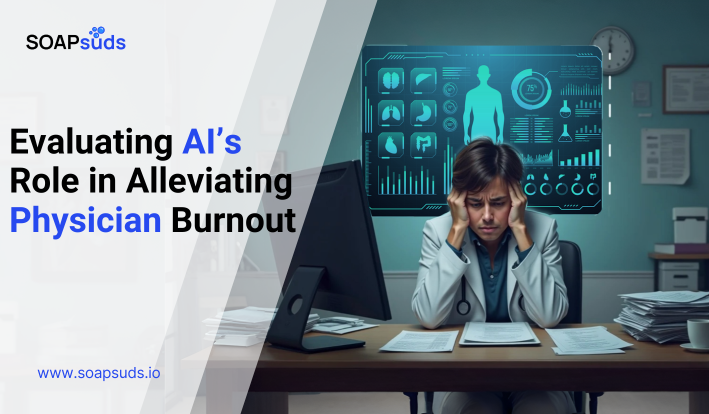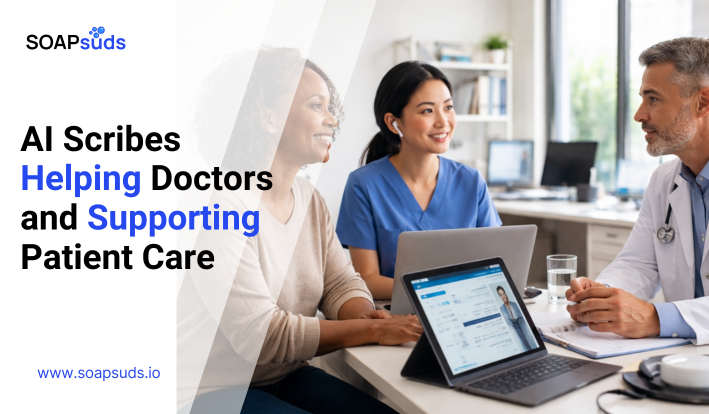Using AI in Healthcare: Improving Medical Systems
SOAPsuds team
Published: 3/4/2025
SOAPsuds team
Published: 3/4/2025

Do you often find yourself spending more time on notes than treating patients? Many ENT..

The healthcare sector is witnessing a shift in medical documentation with the advent of AI...

The healthcare sector is facing a growing burnout problem, leading many doctors to leave...

For many doctors, documentation now takes more time than patient visits. Finishing charts after clinic

In the modern world, technology plays an important role in helping people stay connected, especially

Documenting patient progress can feel like a nonstop task during your day as an occupational...
Clinical Notes
SOAP notes
DAP notes
AI medical notes